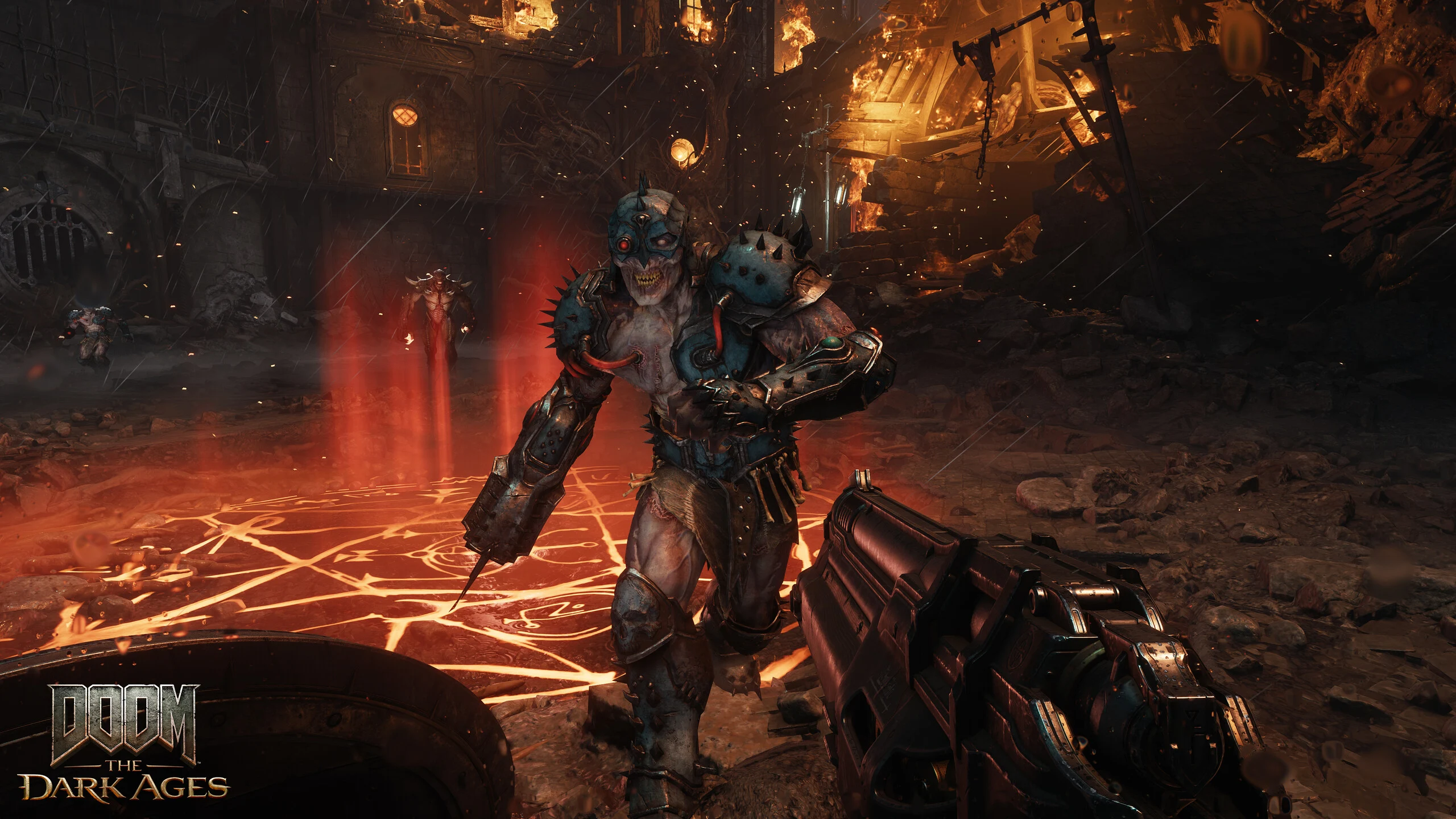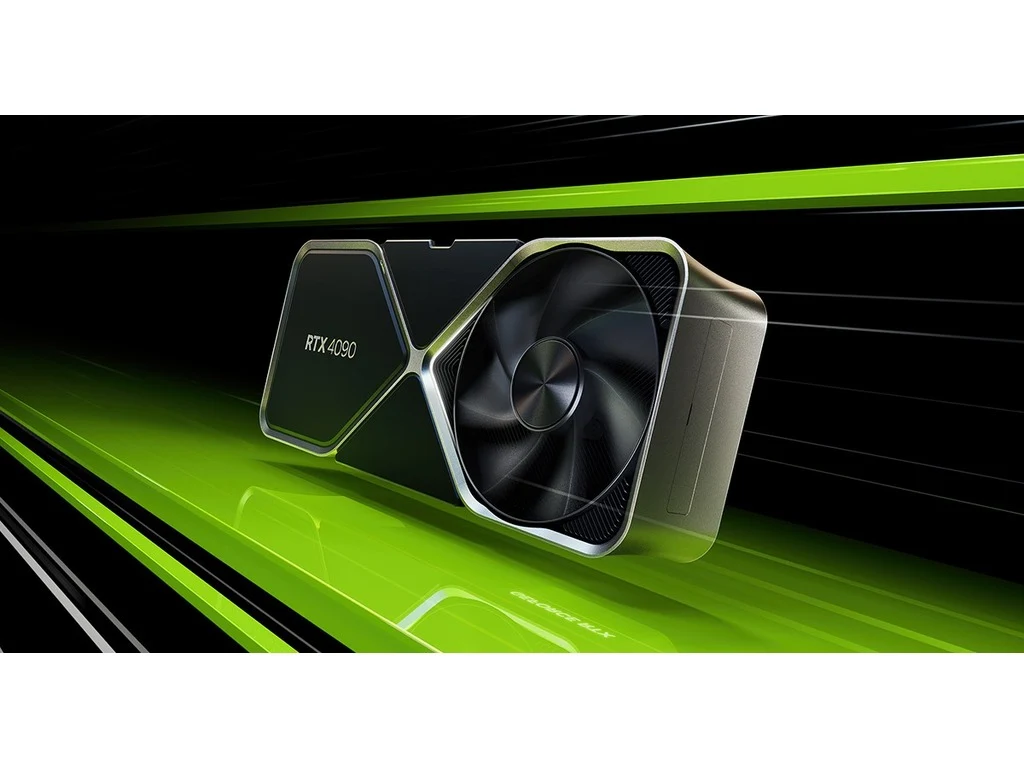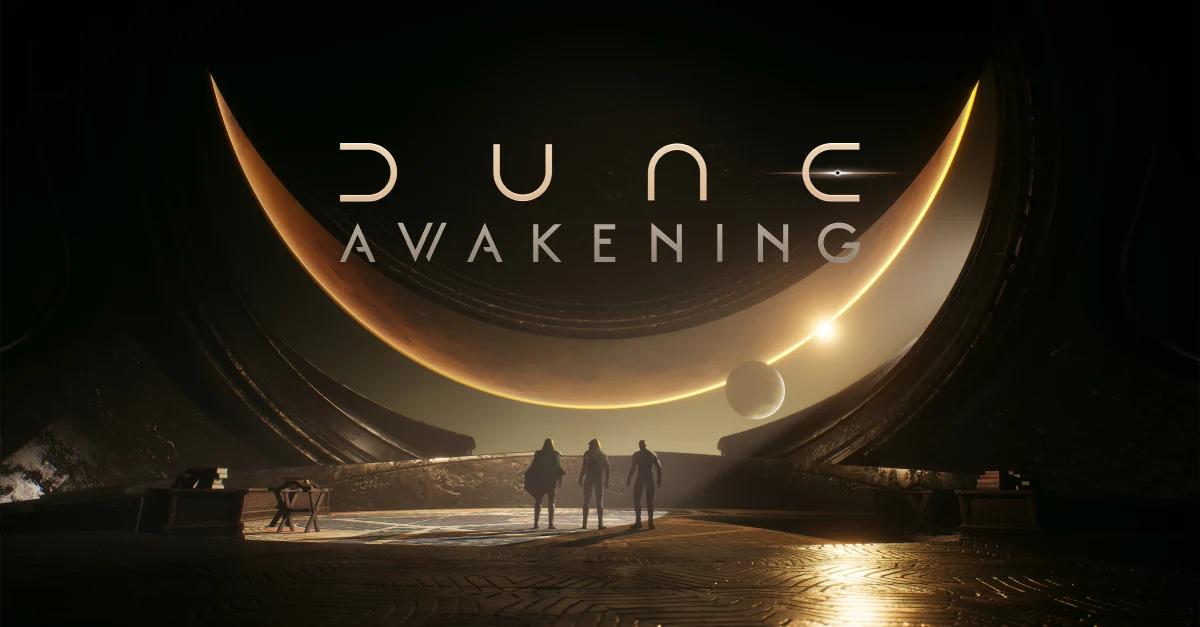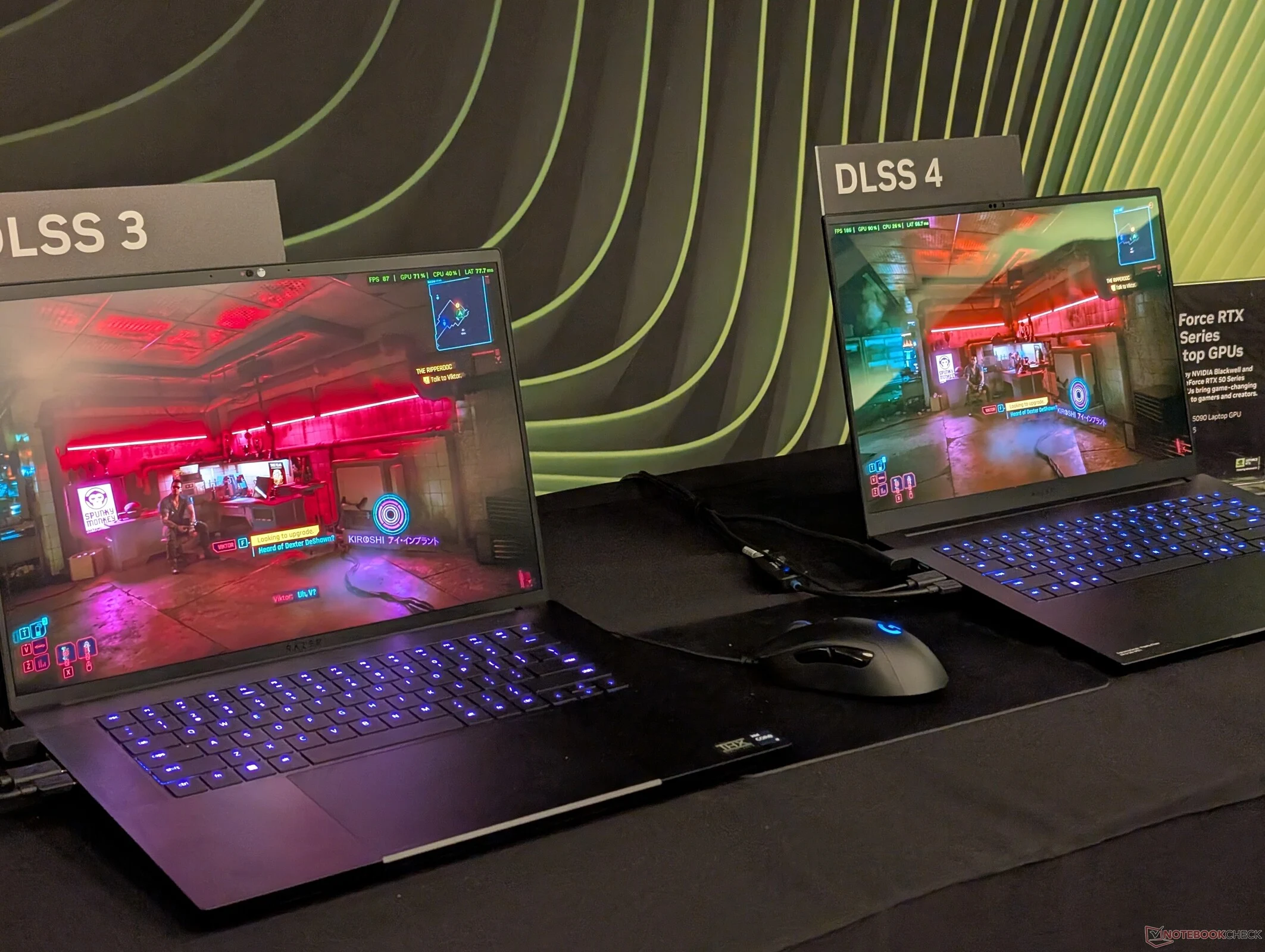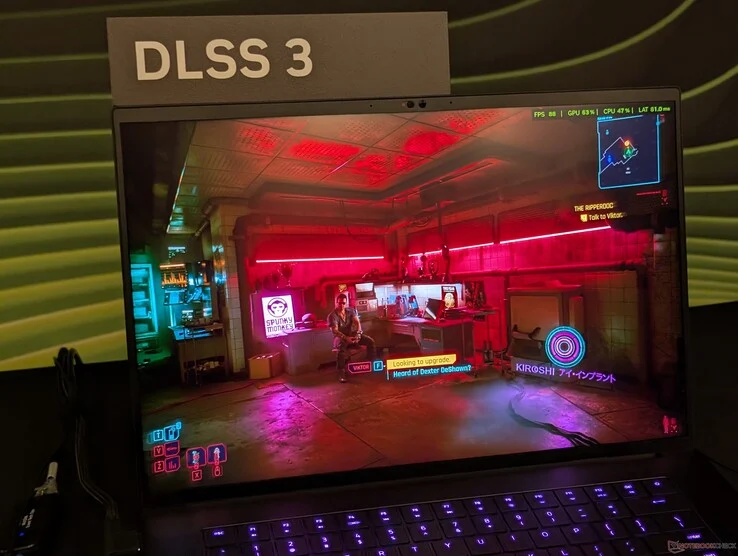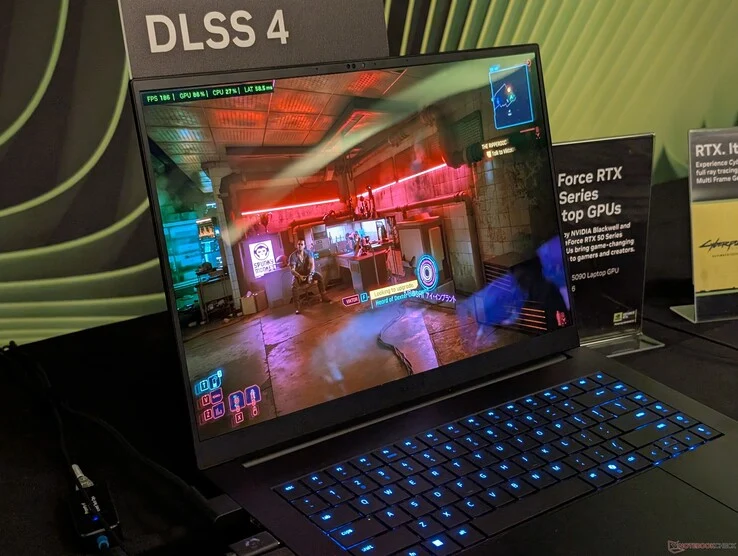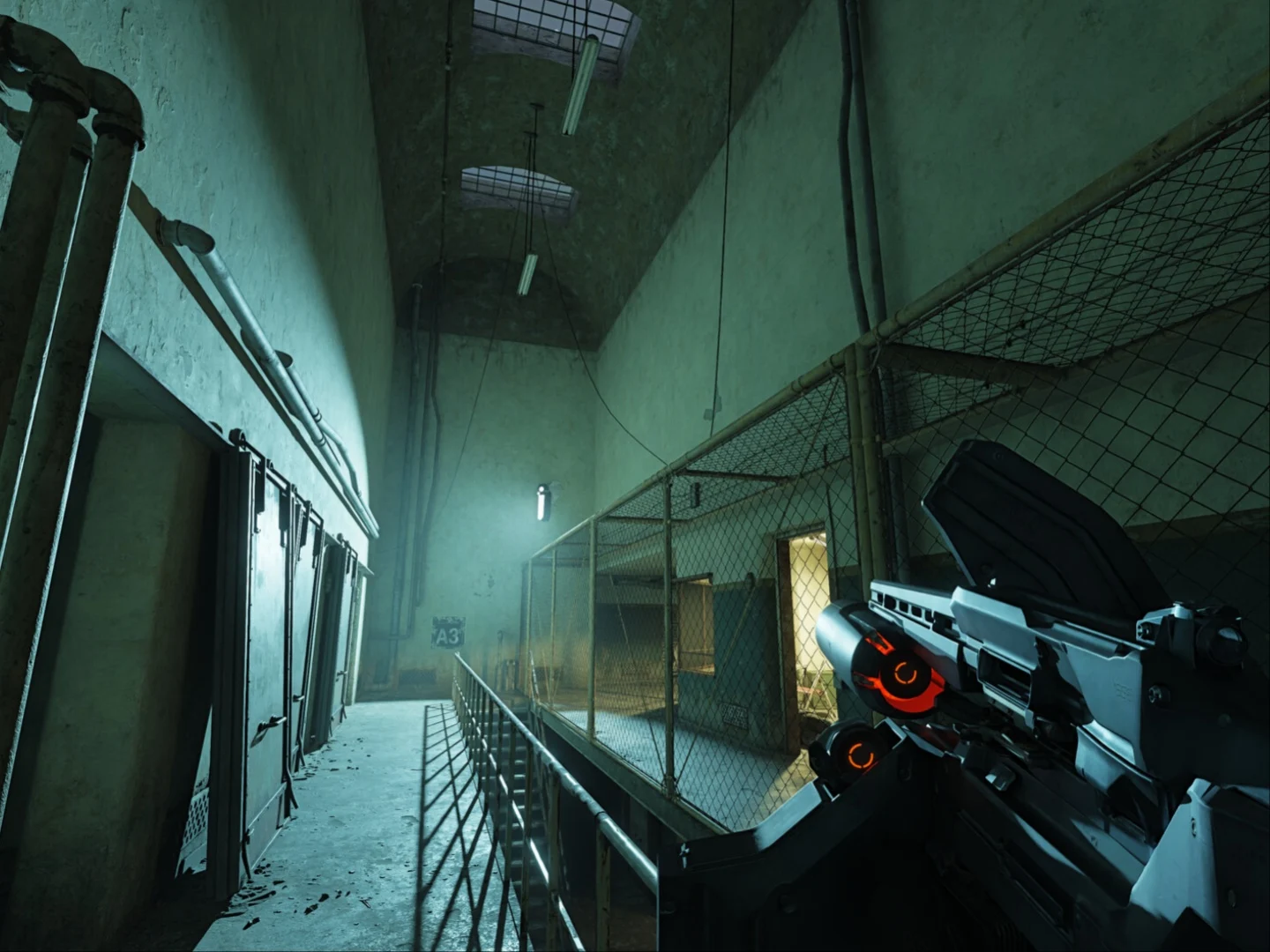Key Takeaways
1. Borderlands 4 Enhancements: The game will feature DLSS 4 and multi frame generation support, improving frame rates and reducing input lag with Nvidia Reflex.
2. Resident Evil Requiem’s Realism: Set to release in February 2026, this game will utilize path tracing for more realistic lighting effects.
3. Other Notable Titles: Games like Fate Trigger, The Outer Worlds 2, and Phantom Blade Zero will implement DLSS 4 and advanced ray tracing techniques.
4. Nvidia Bundle Offer: Borderlands 4 will be bundled with RTX 50 series graphics cards at launch.
5. App Improvements: Nvidia’s updated application now allows easier access to DLSS overrides and additional features for older games, enhancing gameplay options.
The announcements from Nvidia at Gamescom 2025 revealed exciting updates about which upcoming games will utilize DLSS 4 upgrades. Owners of the RTX 50 series will soon be able to enable multi frame generation to enhance gameplay in Borderlands 4. Additionally, even though Resident Evil Requiem won’t be released until February 2026, gamers have learned that it will feature path tracing.
Borderlands 4 Enhancements
Borderlands 4, highly awaited for its DLSS 4 capabilities, is set to include multi frame generation support. On its launch date of September 12th, this unique feature for the Blackwell GPU could greatly improve frame rates. Furthermore, Nvidia Reflex is designed to reduce any input lags that might come from this AI-driven technology. In other news, Nvidia will also be offering a bundle that includes Borderlands 4 with RTX 50 series graphics cards.
Resident Evil Requiem’s Realism
Ray tracing has already contributed to the spooky vibe of several Resident Evil titles. Without any mods or patches, the lighting in Resident Evil Requiem could become even more lifelike thanks to path tracing. As players navigate through dark areas, various light rays might illuminate their path to safety. Another survival horror game, Directive 8020 from Capcom, will also use path tracing and is set for a 2026 release.
Other Notable Titles
Among the other noteworthy games featuring DLSS 4 are Fate Trigger, which has recently completed a closed beta. This anime-inspired tactical shooter will include features like multi frame generation. Other titles such as The Outer Worlds 2, Phantom Blade Zero, Pragamata, and Cronos: The New Dawn will implement more efficient ray tracing techniques. Lastly, Nvidia intends to introduce RTX Hair effects in Indiana Jones and the Great Circle this September.
App Improvements
During Gamescom 2025, Nvidia also shared updates regarding its application, which became available in beta on August 19th. The updated software will showcase improved global DLSS overrides, making it easier to turn on multi frame generation or super resolution. For older games, players can now activate anti-aliasing or ambient occlusion directly through the software.








